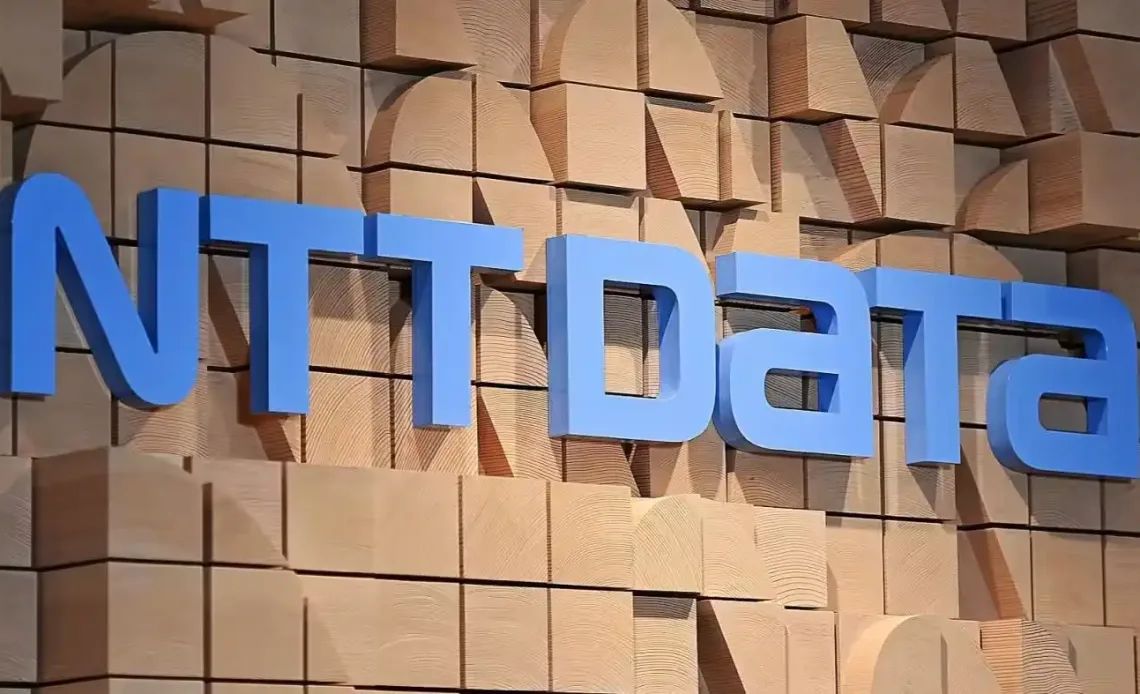In a move that could reshape the way companies approach automation and customer engagement, the NTT DATA Google partnership for AI agents has officially been announced. This collaboration will combine NTT DATA’s deep enterprise expertise with Google’s advanced generative AI capabilities to develop intelligent business.
Agents capable of handling marketing, customer service, and operational workflows roles traditionally managed by humans. Rather than being just another tech deal, this partnership signals a significant step forward for businesses aiming to remain competitive in the fast evolving AI driven economy.
NTT DATA, one of Japan’s largest IT service providers, has decades of experience building large scale business systems, integrating analytics, and managing digital transformation for corporations. Google, on the other hand, has become a leader in AI innovation with platforms like Vertex AI and its cutting edge generative models.
Together, they aim to launch AI powered agents that can perform a wide range of functions from automating marketing campaigns to offering advanced, multilingual customer support. The goal is not just to increase efficiency, but to empower businesses to operate at a new level of agility and personalization.
Marketing Reimagined with AI Agents
Unlike traditional marketing tools that follow rigid instructions, AI agents powered by Google’s generative AI will continuously analyze customer behavior and market trends. This means they can modify messaging, change ad creatives, and target the right audience in real time.
During a test with a mid sized Japanese retail chain, an AI agent monitored live customer feedback during a seasonal product launch. It adjusted ad visuals, rewrote promotional emails, and shifted targeting to different demographics. The result was a 23% sales increase compared to the previous year’s launch all without additional human campaign management.
A Human Touch in Customer Service
One of the main selling points of the NTT DATA Google partnership for AI agents is the promise of more human like customer service. Generative AI now allows for natural, empathetic conversations in multiple languages, something earlier chatbots struggled to achieve.
Most AI chatbots feel like talking to a menu, not a person, explains Dr. Yuko Nakamura, an AI ethics researcher at Kyoto University. But with this partnership, AI agents could bridge that gap, offering service that feels genuinely human and context aware.
Addressing Japan’s Workforce Challenges
Japan’s aging population and labor shortages have made automation a necessity, not a luxury. According to government reports, over 60% of Japanese companies struggle to fill positions. The NTT DATA Google partnership for AI agents aims to address this gap by automating routine.
Tasks while allowing human employees to focus on strategic, creative, and relationship building work. Rather than replacing jobs, AI in Japan is poised to complement human roles. By taking over repetitive functions, AI agents can actually help boost productivity and GDP growth in the long run.
Technology Driving the Partnership
Google’s Generative AI Models Capable of creating high quality content, simulating decision making, and generating human like responses. Machine Learning Analytics Continuously improving agent performance based on new data.
Multilingual Processing Essential for NTT DATA’s international client base. The integration with NTT DATA’s enterprise grade data systems means these agents will have access to structured (sales, inventory) and unstructured (customer reviews, social media) data, making their decisions more precise.
In the U.S IBM developed an AI driven drive thru ordering system for McDonald’s. While its role was limited to order taking, it reduced service time and increased accuracy.
Microsoft helped AT&T deploy AI customer support agents, which boosted first contact resolution rates by 18%. The NTT DATA Google partnership for AI agents could replicate and surpass these results due to its wider business scope.
When I first heard about AI agents, I imagined cold, mechanical conversations, says Hiroshi Sato, a marketing lead at a Tokyo based e-commerce brand involved in early trials. But during the test run, the AI didn’t just respond it suggested campaign ideas, wrote ad copy, and adjusted promotions in real time. It felt like I’d hired an incredibly efficient, 24/7 team member.
Ethical and Practical Considerations
With such advanced automation comes responsibility. Ensuring sensitive information is secure. Making sure AI agents avoid reinforcing harmful stereotypes. AI should augment decision making, not control it entirely.
Customers need to know when they’re speaking to an AI, and businesses must ensure that the AI’s actions align with ethical guidelines, says Naomi Takahashi, a senior consultant in AI governance.
AI Agents in Japan
The rollout will be gradual. Initial deployments will focus on marketing and customer service, then expand into logistics, finance, and HR.
AI agents become standard among large corporations in Japan. Affordable subscription based AI agents reach small and medium businesses. AI agents integrated into most workplace processes, functioning as essential team members.
The NTT DATA Google partnership for AI agents isn’t just a collaboration between two tech giants it’s a blueprint for the future of business operations. By blending advanced AI capabilities with deep industry expertise, this initiative has the potential to make organizations more agile, customer focused, and competitive.
In a country facing labor shortages and rapid technological change, these AI agents could become more than just tools they might be the key to sustaining growth and innovation in the decades ahead.

